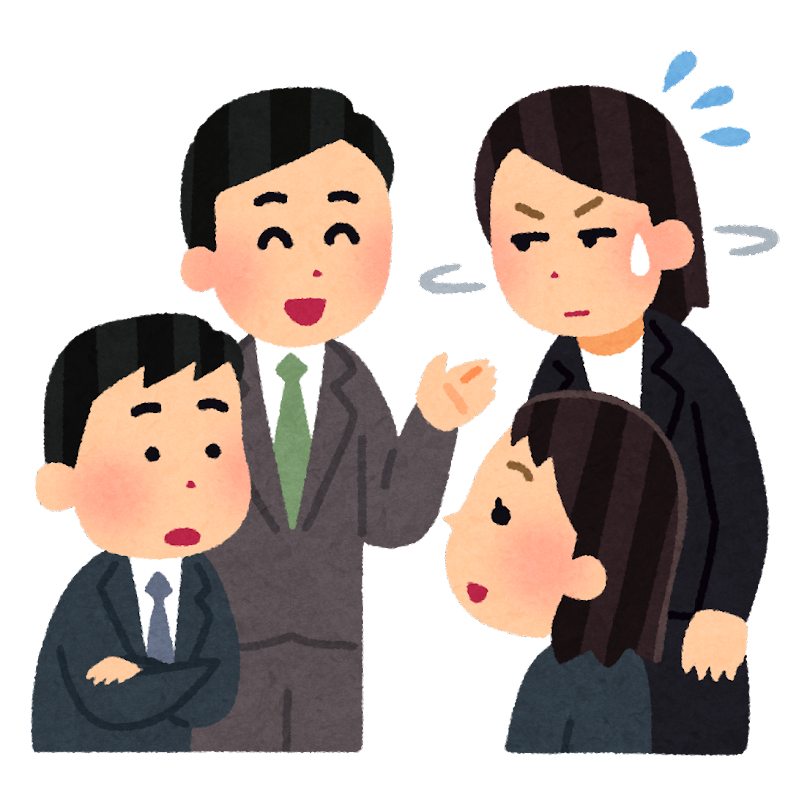Person A: “Lately, our world is experiencing what I would call an eclipse of knowledge. This phenomenon indicates a dilution of the essence of knowledge in an era of information overload.”
Person B: “That’s an interesting perspective. But what exactly do you mean by that?”
Person A: “What I mean is that information and knowledge are not synonymous. Information is vast like an ocean, but knowledge is more like a refined droplet selected from that ocean. However, this metaphor is just an example.”
Person B: “I see, but how exactly is this ‘selection’ process carried out?”
Person A: “That’s a very profound question. First, we need to redefine what we consider reality. Reality is not a singular entity but is composed of many layers. Understanding and analyzing these layers leads to the selection of knowledge.”
Person B: “That’s intriguing, but can you give a specific example?”
Person A: “Take economic phenomena, for example. The economy is not just a collection of numbers and trends but includes deep cultural, social, and even philosophical elements. When viewing economic data, we need to understand these underlying factors and interpret the data through them.”
Person B: “That might be true, but what specific background factors should we consider?”
Person A: “That includes a wide range of topics, such as cultural norms, social trends, historical contexts, etc. But the crux of this discussion lies not just in the facts but in their interpretation.”
Person B: “I can see the importance of focusing on interpretation, but what approach should we take for that?”
Person A: “It is achieved through a combination of multiple perspectives and critical thinking. Knowledge is a process not just of seeing facts, but of how to interpret and integrate them.”
In this conversation, Person A uses complex language and metaphors but doesn’t actually provide concrete content or solutions. This character is characterized by appearing knowledgeable while actually offering little substantive commentary.






最近のコメント